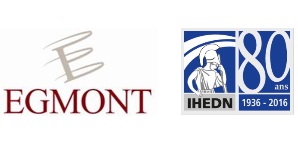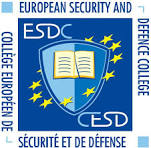The resolution of the Syrian conflict and the European Union

Date
22 June 2016
Location
Egmont Palace
Five years hence, the civil war in Syria has caused the death of more than 270.000 people. By loosening the noose around Bachar el Assad’s system, the Russian commitment in October 2015 seems to have reversed the balance of forces on the ground in favour of the regime.
In this context, a ceasefire agreement proposed by Russia and the United States entered into force at the end of February 2016. After one month and a half of a relative truce, fighting gradually started again between the different parties to the conflict. At the same time, the coalition led by the United States bears the bulk of the efforts in the fight against Daesh.
In Geneva, the inter-Syrian talks under the aegis of Staffan de Mistura, United Nations Special Envoy for Syria, have some difficulties to be revived. Rivalries between Iran, Saudi Arabia and Turkey, as well as the divergent views on Syria’s future between the United States, France and the United Kingdom on the one hand, and Russia on the other hand, all come in to play.
The European countries can play an enabling role, bringing all their diplomatic weight to bear to support the UN Special Envoy. The EU and the Member States combined, as shown by the Donors Conference in London on 4 February 2016, lead the international response to the humanitarian crisis for the benefit of the displaced Syrian people within their own country (6,5 million) and the refugees in the neighbouring countries (4,1 million).
In this uncertain environment, will the Geneva talks manage to bring about a new social contract, in order to ensure stability and confessional concord within a new Syria and moreover to maintain the current Syrian geographic boundaries ? Or, to the contrary, will they endorse a burst of overlapping ethno-national realities ? With which regional consequences ? In this context, which could be the European Union’s role ?
This seminar aims to analyze in two panels the effects of the Syrian conflict on the Mediterranean area and the Middle East (first roundtable), then the current and potential EU role in the resolution of the crisis as well as the lessons learned for the future (second roundtable).
Participation by invitation only – Working language French/English (with simultaneous interpretation) – Chatham House Rule !
